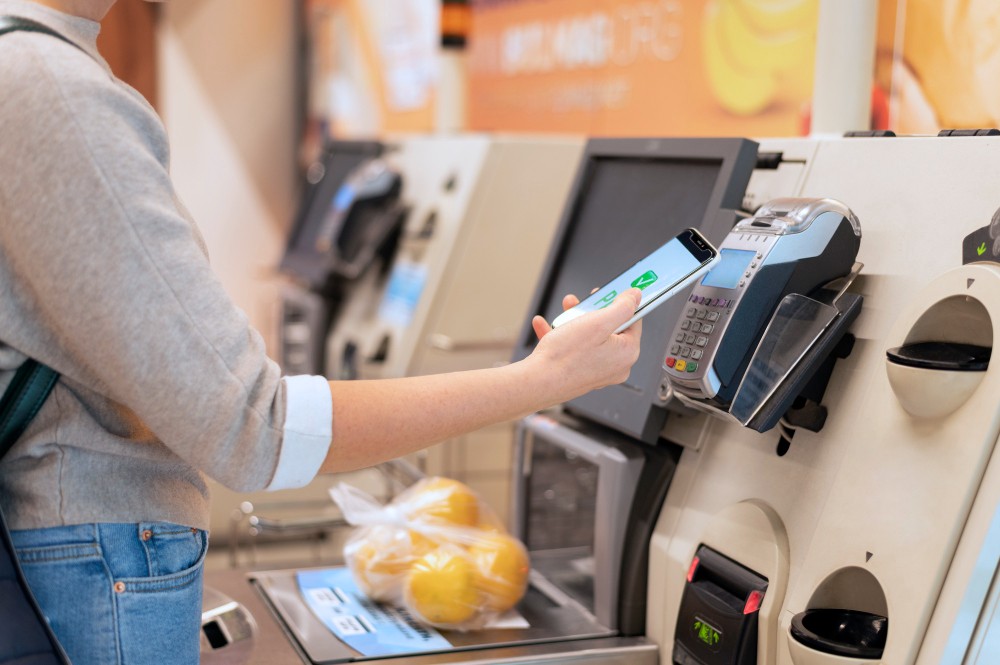The Future of Market Management: Top Benefits of POS Systems

In an increasingly competitive business environment, markets and retail businesses are adopting advanced technologies to streamline operations and improve profitability. One such technology that has revolutionized market management is the Point of Sale (POS) system. As markets evolve, POS systems are playing a pivotal role in ensuring seamless transactions, efficient inventory management, and enhanced customer experiences. This blog explores the top benefits of POS systems and how they are shaping the future of market management.
1. Streamlined Transactions
A POS system significantly improves the speed and accuracy of transactions. Unlike traditional cash registers, modern POS systems integrate with various payment methods, including credit cards, mobile wallets, and contactless payments. This flexibility not only reduces the time spent at checkout but also enhances customer satisfaction. Additionally, automated receipt generation minimizes errors, ensuring a smooth shopping experience.
2. Enhanced Inventory Management
Keeping track of inventory is one of the most challenging aspects of market management. POS systems simplify this process by automatically updating inventory levels in real-time. They alert you when stock levels are low, enabling timely reordering and preventing stockouts. With detailed insights into product performance, market owners can identify best-sellers and underperforming items, allowing for smarter purchasing decisions.
3. Improved Sales Analytics
Understanding sales trends is crucial for any business. POS systems come equipped with robust analytics tools that provide valuable insights into customer behavior, peak shopping times, and revenue streams. By analyzing this data, market owners can make informed decisions about pricing, promotions, and staffing. The ability to access this information in real-time empowers businesses to adapt quickly to changing market conditions.
4. Better Customer Relationship Management (CRM)
Modern POS systems often include CRM features that help businesses build stronger relationships with their customers. By capturing customer data, such as purchase history and preferences, market owners can tailor marketing campaigns and loyalty programs. Personalized discounts and promotions not only drive repeat business but also enhance customer loyalty.
5. Increased Operational Efficiency
Automation is a game-changer for market management. POS systems automate tasks like employee scheduling, sales tracking, and financial reporting, reducing the workload for managers. This allows them to focus on strategic initiatives rather than administrative tasks. Furthermore, cloud-based POS systems enable remote access, giving business owners the flexibility to monitor operations from anywhere.
6. Enhanced Security
Security is a major concern for any business handling financial transactions. POS systems come with built-in security features, such as encryption and multi-factor authentication, to protect sensitive data. These measures reduce the risk of fraud and ensure compliance with industry regulations, giving both businesses and customers peace of mind.
7. Cost Savings in the Long Run
While the initial investment in a POS system may seem significant, the long-term cost savings are substantial. By minimizing errors, reducing manual labor, and optimizing inventory, businesses can save both time and money. Additionally, many modern POS systems offer affordable subscription models, making them accessible even for small market owners.
8. Scalability for Future Growth
As markets grow, so do their operational needs. POS systems are highly scalable, allowing businesses to add new features, locations, or users with ease. Whether it’s integrating with e-commerce platforms or expanding to multiple outlets, a robust POS system can adapt to the evolving requirements of your business.
9. Sustainability and Paperless Operations
In a world increasingly focused on sustainability, POS systems contribute by reducing paper usage. Digital receipts and automated reports not only save costs but also appeal to environmentally conscious customers. Going paperless is a small step toward a greener future, but it can make a significant impact over time.
Conclusion
The future of market management lies in leveraging advanced technologies like POS systems to stay competitive and meet customer expectations. From streamlining transactions and enhancing inventory management to improving customer relationships and ensuring data security, the benefits of POS systems are undeniable. As the retail landscape continues to evolve, adopting a POS system is not just a smart business move but a necessity for long-term success. By embracing these innovative tools, market owners can position themselves for sustainable growth and a thriving future.






